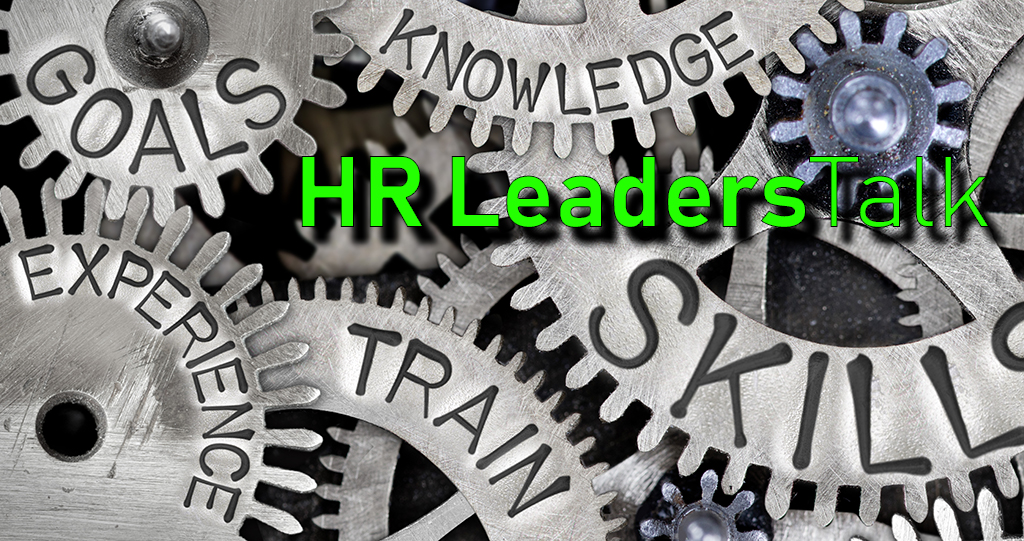HR LeadersTalk: Gillian McCombie Shares Wisdom of Experience
In every issue of PeopleTalk magazine we try to speak with an HR leader to get their thoughts on various HR related topics and pick their brain for some advice they may have for the next generation of HR stars who are just starting out in the profession.
In the Winter issue, Drew Railton, CPHR caught up with Gillian McCombie.
With more than 22 years experience, Gillian McCombie most recently served as vice-president of human resources for Capstone Mining from 2011 through 2018.
Her career started with Placer Dome and subsequently Hunter Dickinson, before she spent five years with Telus and subsequently joined Capstone in 2011.
Headquartered in Vancouver and listed on the Toronto Stock Exchange, Capstone is a base metals mining company, with two producing copper mines: Pinto Valley in the U.S. and Cozamin in Mexico.
Here is what Gillian had to say.
What was the breakout project or accomplishment that accelerated your career?
Two years into my time with Placer Dome, there was an opportunity to do 21-days-in/7-days-out at a mine site. This assignment provided me with an unprecedented opportunity to grow professionally and gain exposure in the industry. In particular, working with First Nations Peoples and the operators really allowed me to understand the business, and build relationships based on trust and credibility.
During this time, I came up against some strong personalities. I had my work cut out for me to win the respect of one operations leader in particular, who was skeptical about the value of a HR person. Every opportunity I had to work with him, I put my hand up. I was committed to problem solving with him, including putting in the extra time on weekends to work through the tough stuff. Suddenly, I was viewed in a different manner and being asked to be involved with integrated projects and initiatives.
What advice do you wish someone had given you earlier in your career?
The best advice I have is to make sure you maintain a network outside of your industry. It is about the breadth of experience and being able to tap into people and relationships whether you need them for insights for internal initiatives, as mentor or for help with your career.
Another bit of advice is showing humility and vulnerability. This is extremely important to learn as you move up in your career. I was always taught “don’t let them see you sweat,” but asking for help is actually a sign of strength and accountability, and when people see you are real, it pays huge dividends.
What is the greatest emerging opportunity/challenge for HR professionals?
Digitalization is a huge opportunity. The challenge is the that rate of digitalization is going to result in needing HR professionals even more. We need to drive action and collaboration; we can do so much with digitalization, but we need to help the younger pipeline of talent learn that they can’t hide behind their screen. Relationships are what will differentiate between good leaders and great leaders.
Also, we will always have boards and CEOs, so learning how to manage those relationships is vital to your own success as a leader. Being able to help your CEO manage their relationships will really set you apart.
Given advancing technologies, what do you predict for the future of HR If done right, we can be true strategic partners and coaches that play meaningful roles in elevating leaders from good to great. I am excited about technology helping us on the administration side, giving us the time to be what we keep saying we want to be which is strategic advisors and coach.
Productivity will be defined differently with technology. There is a concern that the more technology drives results and production, the right behaviours may not necessarily get rewarded. By not rewarding the right behaviours, we may drive business in a different direction versus understanding the “people balance” that is needed between machines, people and strategy.
Advice for areas or hot skills you would develop as a young professional?
It is critical that HR teams can speak the same language and build business cases that are credible in the eyes of operations so they embrace your recommendations. How you tie it back to profitability and business outcomes will always serve you well. Be patient. I made a lot of lateral moves to get diverse experience. Today, I see so many young professionals in such a rush to get to the top. Take advantage of lateral moves. Don’t feel you need to be at a certain place by a certain age, earning a certain income. A greater breadth of experience will serve you better in the long run.
Seek out mentors early. I have been fortunate to have so many great mentors. Their role is not to solve your problems, but to stretch your thinking, and push you outside of your comfort zone in those critical moments that move you forward.
As an HR leader, influencing is one of the most important skills. You can’t force leaders and teams to take your advice, so communication and finding ways to help them appreciate the potential outcomes is essential. Having said that, sometimes you need to allow leaders to make their own mistakes, before they are prepared to buy in to a proposed recommendation.
And, don’t be too hard on yourself.
Drew Railton, CPHR is managing partner, Western Canada for Caldwell Partners.










